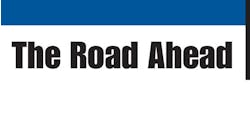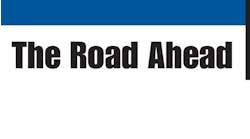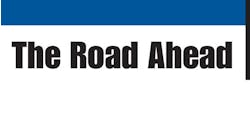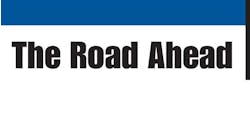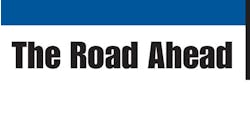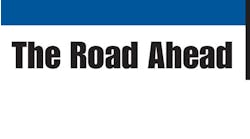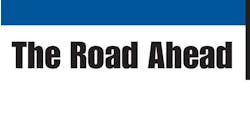Consumers’ views on the U.S. outlook improved in November, showing concern is dissipating that the world’s largest economy will tip back into a recession.
The Bloomberg Consumer Comfort Index’s monthly expectations gauge climbed to minus 32, the best reading since July, from minus 45 the previous month. The weekly measure of current conditions was minus 50 for the period ended Nov. 13, climbing for a second week after sinking to an almost three-year low.
Household spending, which accounts for about 70 percent of the economy, has picked up in the second half of the year even as stocks and confidence sank. The recovery may mean Americans are going shopping to relieve the pessimism brought on by a jobless rate that has been around 9 percent or more since mid 2009, according to economists like Joseph Brusuelas.
“After a long period of modest consumption, some pent-up demand is being released,” said Brusuelas, a senior economist at Bloomberg L.P. in New York. At the same time, “it is likely too early to conclude that consumer sentiment has bottomed out,” he said.
The improvement in the economic outlook this month was led by declining pessimism among homeowners, older adults and those living in the South, the report showed. Nonetheless, the index is at the lowest level of any November since 2008.
The weekly comfort index climbed from 51.6 the prior period. It dropped to minus 53.2 two weeks ago, second only to minus 54 outcomes in late November 2008 and January 2009 as the worst in 26 years of record keeping.
All three components improved last week. The measure of Americans’ views of the current state of the economy rose to minus 88 from minus 88.9 in the prior period. The gauge of personal finances climbed to minus 14.6 from minus 17.4. The buying climate index moved up to minus 47.4, the highest level since July, from minus 48.6.
Political party members diverged in their assessments, with Democrats less downbeat than Republicans for a third straight week. Among Democrats, the gauge climbed to minus 41, while confidence among Republicans rose to minus 51.2.
Confidence among men exceeded that of women by the most since July, today’s report showed. The gauge for men climbed to minus 43.3, compared with minus 56.3 for women.
Incomes are a driver of sentiment as the gauge for those making less than $15,000 a year fell last week to minus 76.6, compared with minus 9.6 for households making more than $100,000 annually. Such widespread pessimism means retailers will have to get creative to boost sales.
